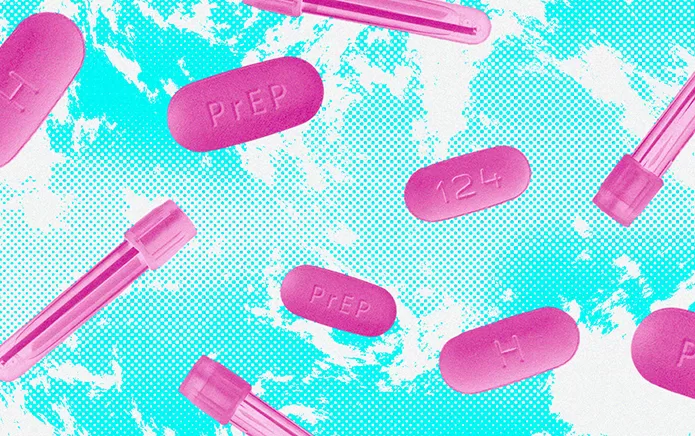When Terry Higgins became one of the first named people in the UK to die from an AIDS-related illness in 1982, the virus didn’t even have a name, let alone a test, any care or available treatment. While there is still no vaccine and no cure for HIV, four decades on and we’ve seen remarkable change that would have seemed unimaginable back then.
As LGBT+ History Month starts, its ‘medicine’ theme could not be more pertinent to the story of HIV in the UK. The distance travelled in the fight against HIV is inspiring and can only spur on the action needed if we are to achieve the life-changing goal of ending new HIV transmissions by 2030.
So what are those medical advances?
One, testing. The first signs of hope was a test that could identify the virus. Once, it was a fraught decision to even take a test, today it could not be more different. Knowing your status is important – if the result is negative there are a whole host of strategies to stay negative, if positive there is life-changing treatment you can start in days. Knowing your status is easy – alongside a blood test there are simple finger prick kit or mouth swabs that will give you a result in 15 minutes. National HIV Testing Week starts on Monday 5 February and this year is a special one as we mark its tenth campaign. During National HIV Testing Week, anyone in England can order a free self-test or a postal test where you take a sample yourself and send it off to a lab who will then contact you with your result. Order a test now.
Two, treatment. Trials of early HIV medication had terrible repercussions for too many people. By 1996 – too late for too many – triple action therapy meant that people could live with the virus. It was complicated, and there were countless side effects, but this was a game-changing moment in the history of modern medicine.
For anyone diagnosed today, treatment can be as little as one pill a day. Taking the tablets stops the virus from attacking your immune system AND means that you cannot – no ifs, no buts – you cannot pass on HIV to sexual partners.
